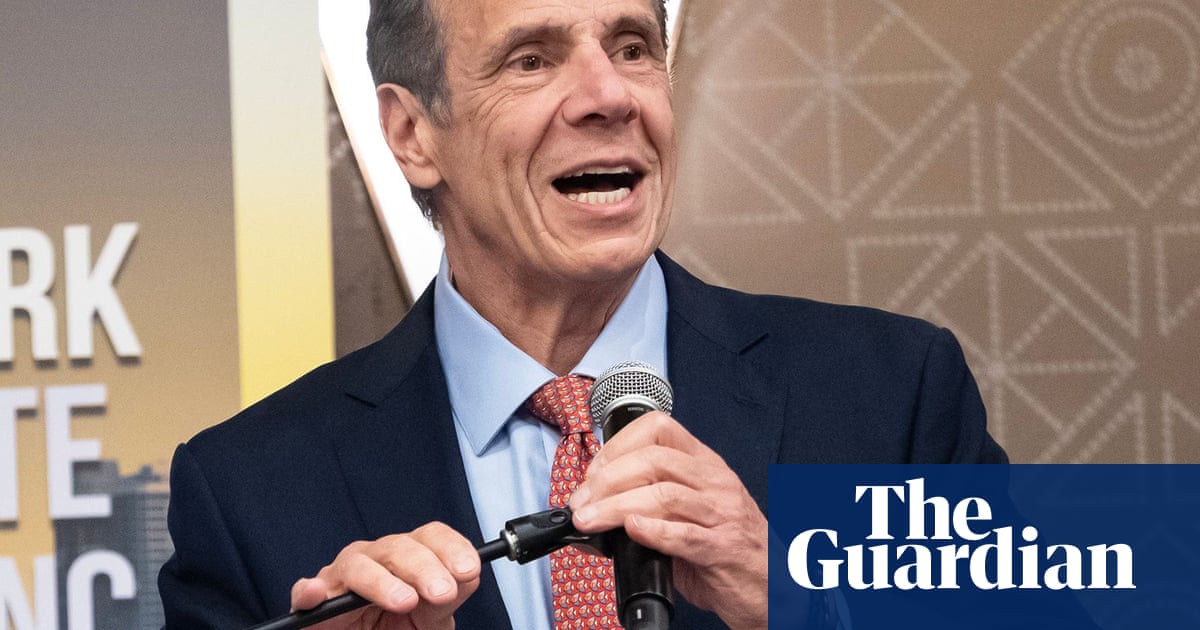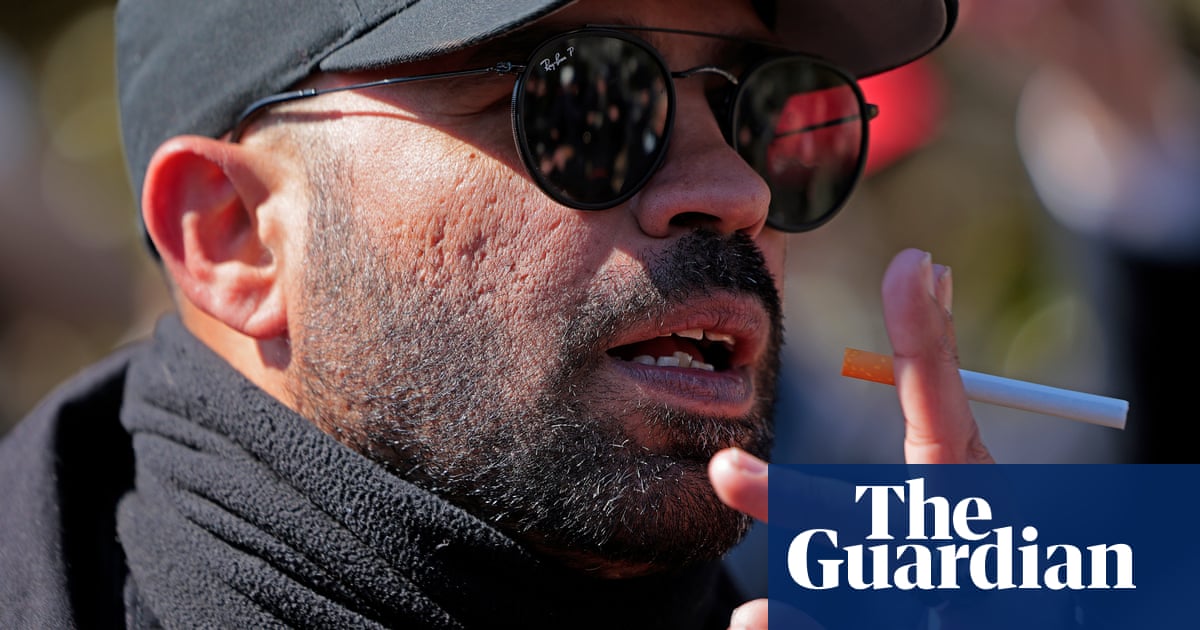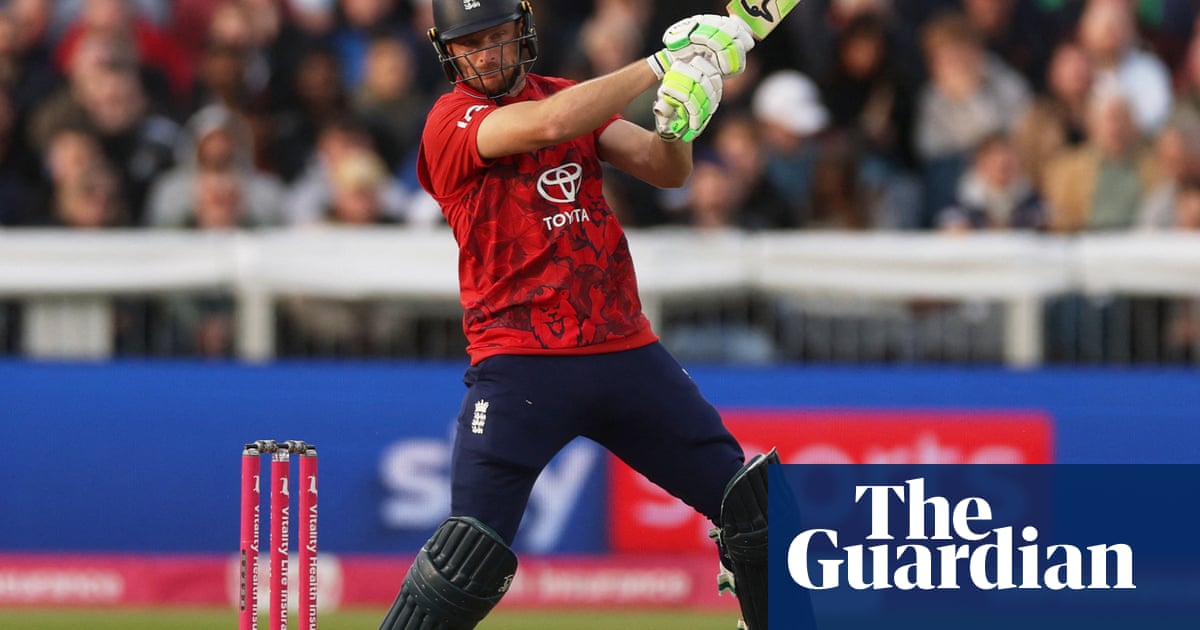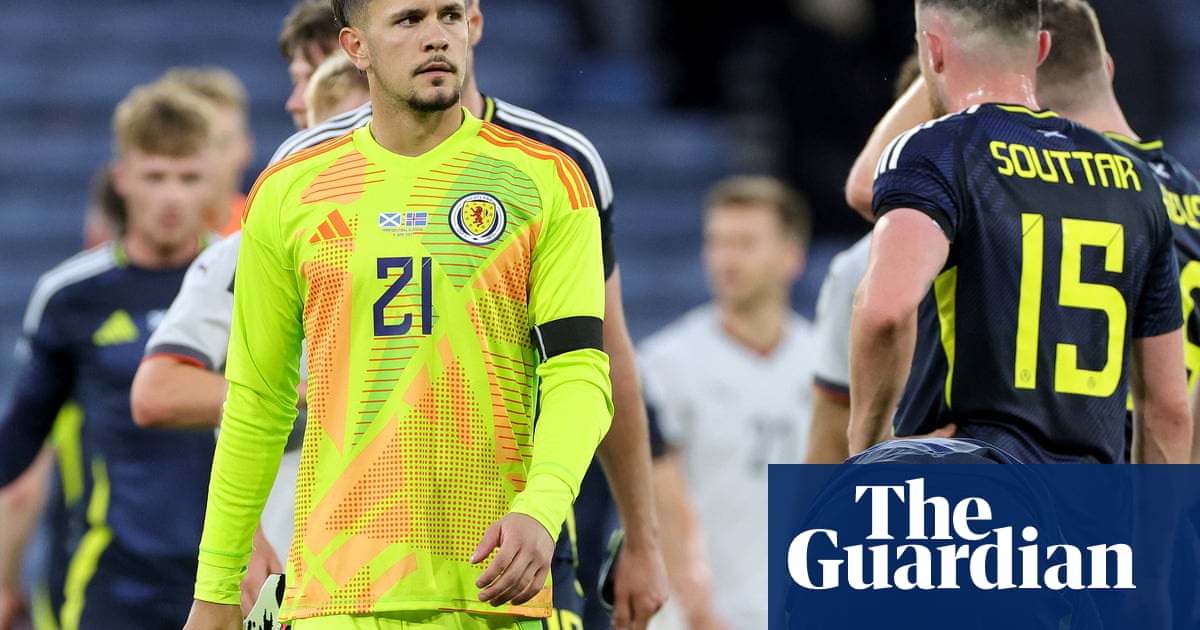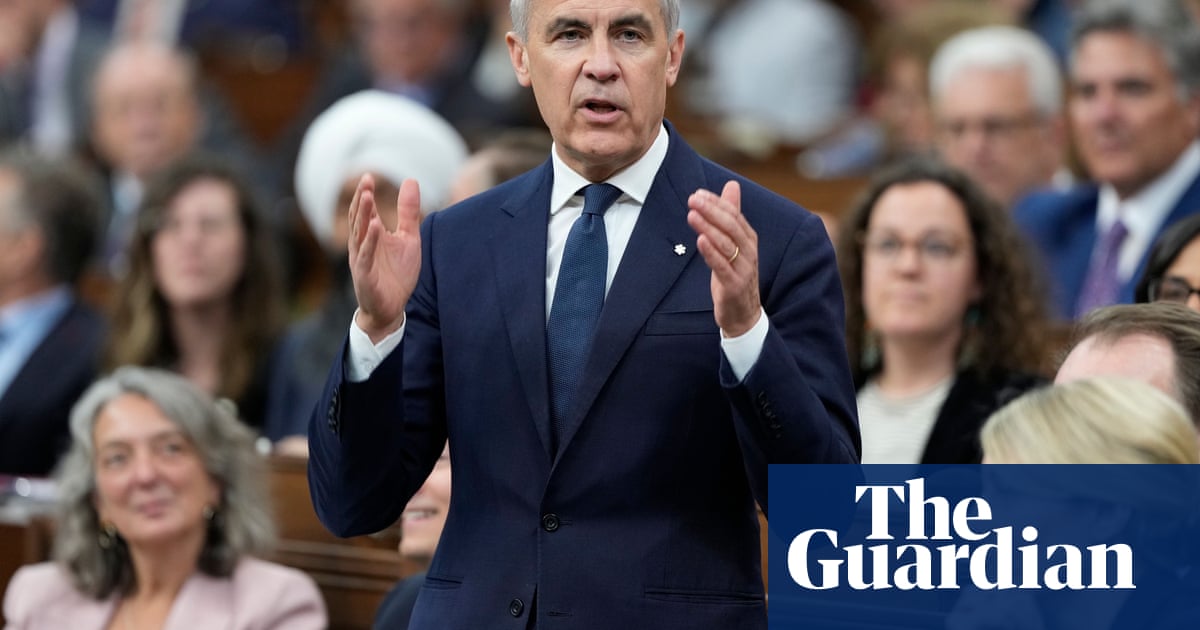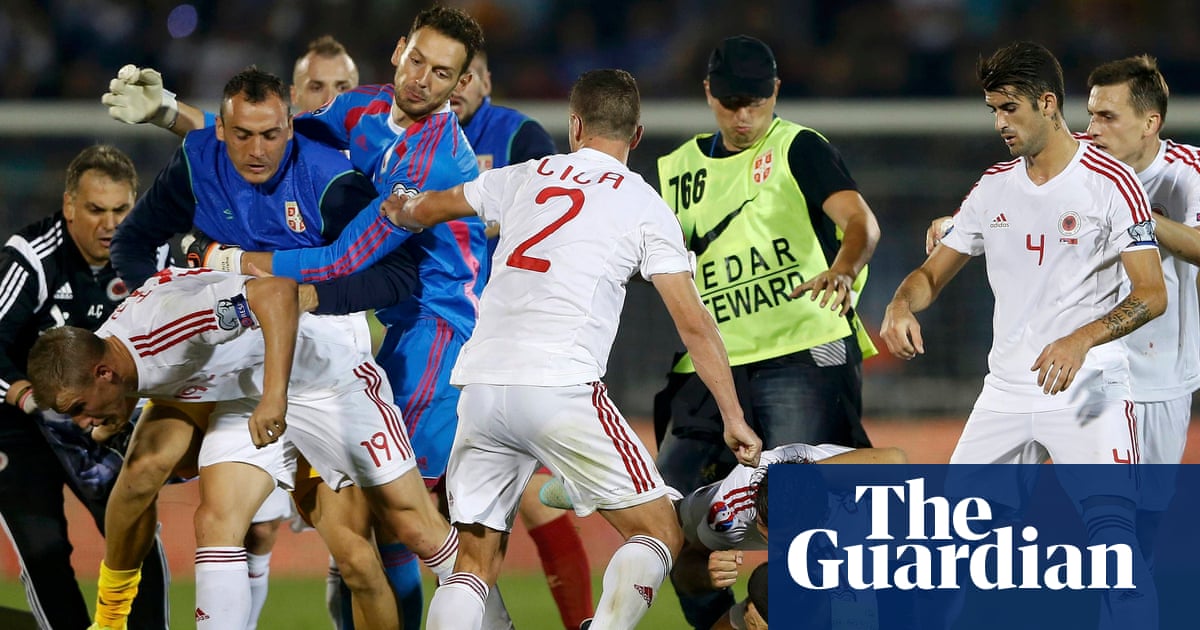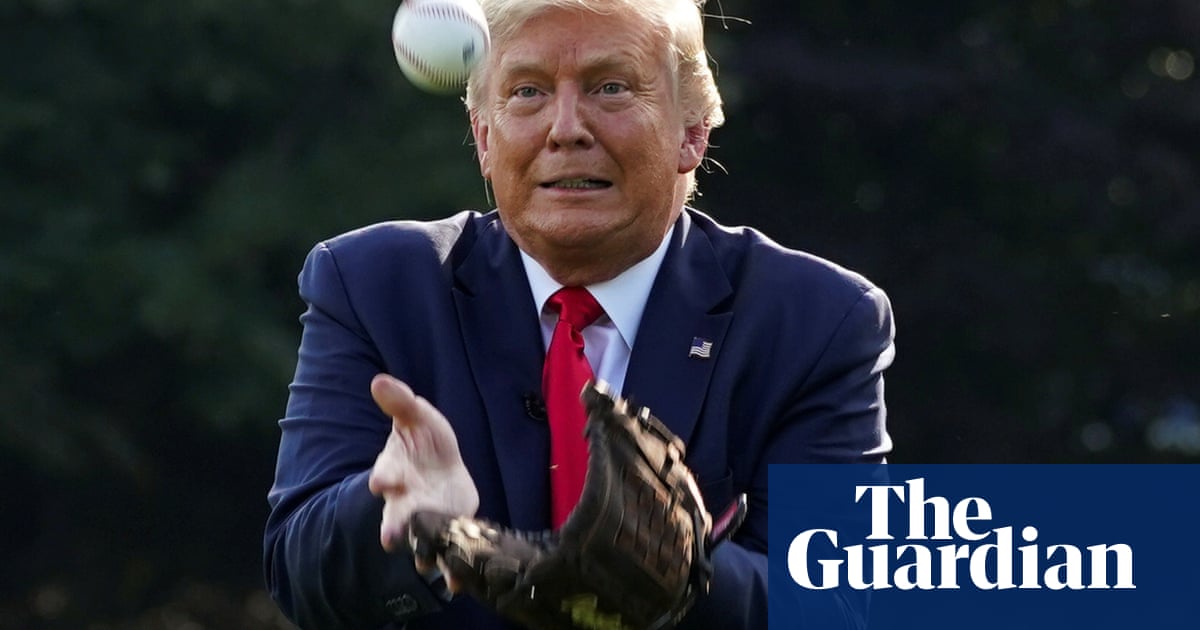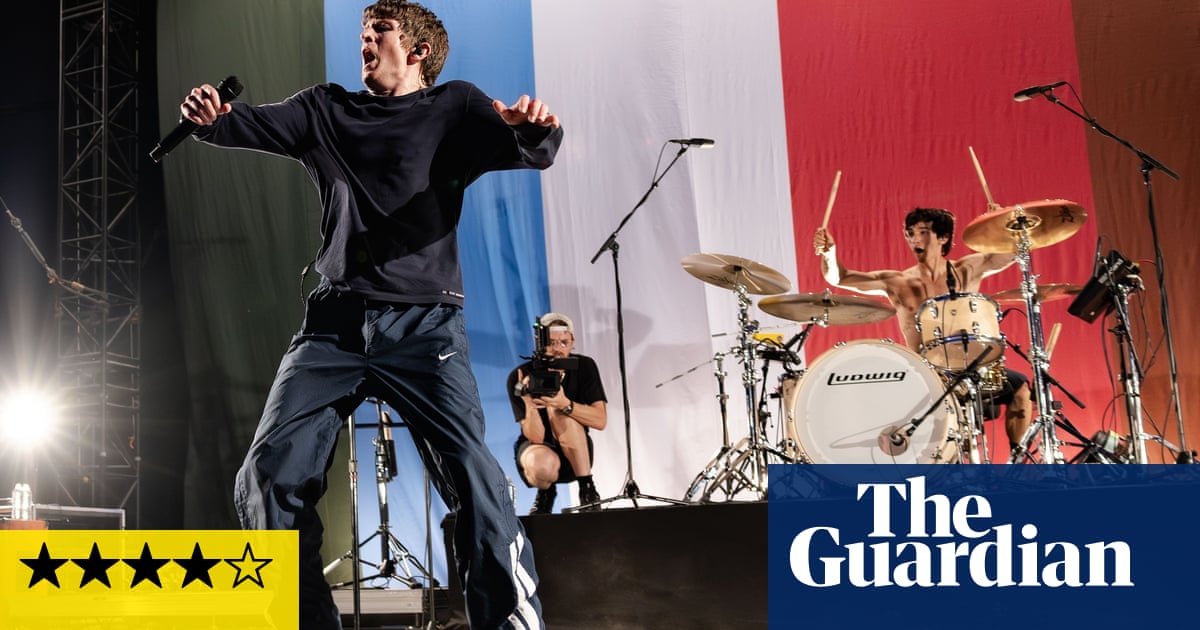There was no choking for Uzbekistan this time, or if there was, it was in an attempt to hold back tears of joy. Those eight minutes of added time on Thursday in Abu Dhabi were long but then it has been a long wait and a long road to qualify for a first World Cup.
Uzbekistan have snatched summers of rest from the jaws of World Cup appearances more than once in the past, so the goalkeeper Utkir Yusupov could be forgiven for taking his time and faking an injury or two. He was the star of a 0-0 draw against the United Arab Emirates that was dull – deliberately and deliciously so for those in Central Asia – but provided the necessary point. Yusupov went down once more at the end, this time in tears as reserve goalkeepers came on for a group hug.
The coach, Timur Kapadze, was embracing his coaching staff. The former midfielder, who looks the same as he did in his playing prime, because he had the appearance of a 43-year-old once halfway through a career that brought him 119 Uzbekistan caps, has been in the job since Srecko Katanec stepped down in January owing to ill health. The man who led his native Slovenia to the 2002 World Cup deserves plenty of credit.
So does Kapadze. As “Mr Uzbekistan football”, he knows all about past heartbreaks and was part of the team that made it as far as a playoff against Bahrain during the 2006 World Cup qualifiers. In the first leg at home in Tashkent, Uzbekistan were leading 1-0 when Server Djeparov thought he had scored a penalty to make it 2-0. The Japanese referee, spying encroachment, blew his whistle but, instead of ordering a retake, gave Bahrain a free-kick.

“Nobody could believe what was happening,” said Uzbekistan’s coach, Bob Houghton, a globe-trotting Englishman who had led Malmö to the final of the 1979 European Cup final, which they lost 1-0 to Nottingham Forest. “People were just looking at each other, confused and scratching their heads. If that penalty had counted, we were so dominant that I think we would have won three- or four-nil and then we are almost there.”
It would have meant a final playoff against Trinidad & Tobago for a place in England’s group in Germany. “Everyone was very angry and it was a tragedy for the country,” Houghton said. “The federation was very upset, of course. I remember the original game and leaving the pitch at half-time. I saw the fourth official and said to him: ‘What the hell is that?’ And he said: ‘It’s a new rule.’ I then saw the head of the Uzbek referee commission … he just said: ‘I don’t think that is right.’ And soon we were on the phone to Fifa.”
Uzbekistan demanded a 3-0 win and had arrived in Manama for the second leg when they were told by Fifa, which said the retake had been a technical error, to turn around to Tashkent to replay the first. They ended up going out on away goals (that Bahrain were eliminated from 2026 qualification on Thursday at the same time Uzbekistan were celebrating was another little bonus for the White Wolves).
For the 2014 tournament, there was a more conventional disappointment, with South Korea going to Brazil because of a goal difference better by one. Four years later, revenge would have been sweet had Uzbekistan beaten South Korea in Tashkent but it ended goalless. Given that the former Soviet republic, which joined Fifa and the Asian Football Confederation in 1994, have reached the last eight in four of the past five Asian Cups but got to the last four once, questions about their mentality were understandable.

Now those have been answered. Their five wins from nine games in this third round of qualification have come by a single goal, and four have been 1-0. A solid defence, led by Manchester City’s Abdukodir Khusanov, who arrived in Abu Dhabi from his wedding, has been the foundation. Roma’s Eldor Shomurodov of Roma is the talisman in attack and CSKA Moscow’s Abbosbek Fayzullaev, a 21-year-old winger, is one of Asia’s most exciting talents.
after newsletter promotion
Whereas a growing number of nations have naturalised in pursuit of World Cup dreams – most of the UAE’s starting XI were not born in the country – Uzbekistan have done it the other way and have a national team with a club atmosphere. Recent success in youth tournaments in Asia is not a coincidence, the country having invested time and money in development in the past decade. The support came from the very top, facilities were built/improved, coaches were educated, players found and chances given, helped by the formation of Olympic Tashkent in 2021, a top-tier club reserved for young talent.
Their coach until last summer? Kapadze. He also led the under-23s to the Asian final in 2022 and 2024, earning a first Olympic appearance. Only one point was earned in Paris but the defeats by Spain and Egypt came by a single goal. Two months ago, the under-17s became continental champions. In 2023, the unders-20s did the same and qualified for the World Cup, where they made the last 16.
That would do nicely next summer but how Uzbekistan will get on in North America is a question that can wait. This is a time for celebrating a new beginning as well as the loss of that label of “Asia’s chokers”.

 13 hours ago
4
13 hours ago
4
